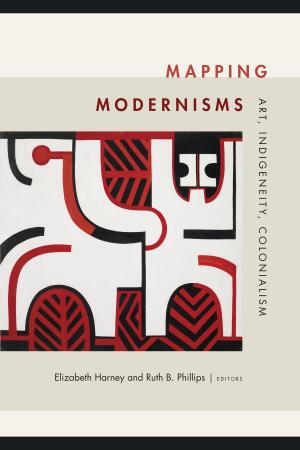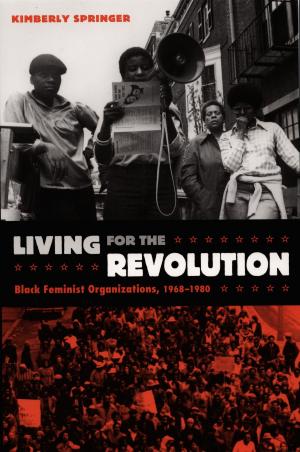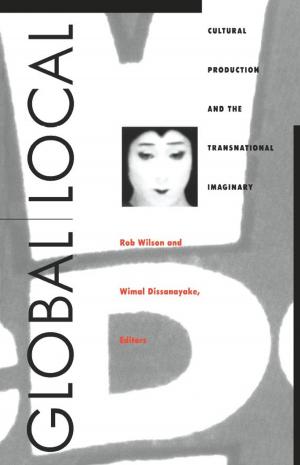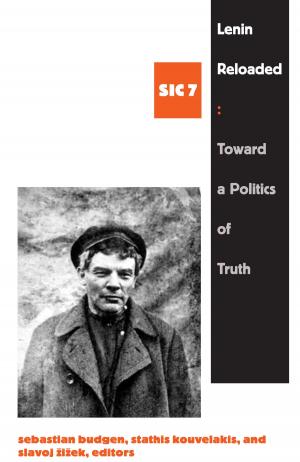Culture Wars in Brazil
The First Vargas Regime, 1930–1945
Nonfiction, History, Americas, South America| Author: | Daryle Williams | ISBN: | 9780822380962 |
| Publisher: | Duke University Press | Publication: | July 12, 2001 |
| Imprint: | Duke University Press Books | Language: | English |
| Author: | Daryle Williams |
| ISBN: | 9780822380962 |
| Publisher: | Duke University Press |
| Publication: | July 12, 2001 |
| Imprint: | Duke University Press Books |
| Language: | English |
In Culture Wars in Brazil Daryle Williams analyzes the contentious politicking over the administration, meaning, and look of Brazilian culture that marked the first regime of president-dictator Getúlio Vargas (1883–1954). Examining a series of interconnected battles waged among bureaucrats, artists, intellectuals, critics, and everyday citizens over the state’s power to regulate and consecrate the field of cultural production, Williams argues that the high-stakes struggles over cultural management fought between the Revolution of 1930 and the fall of the Estado Novo dictatorship centered on the bragging rights to brasilidade—an intangible yet highly coveted sense of Brazilianness.
Williams draws on a rich selection of textual, pictorial, and architectural sources in his exploration of the dynamic nature of educational film and radio, historical preservation, museum management, painting, public architecture, and national delegations organized for international expositions during the unsettled era in which modern Brazil’s cultural canon took definitive form. In his close reading of the tensions surrounding official policies of cultural management, Williams both updates the research of the pioneer generation of North American Brazilianists, who examined the politics of state building during the Vargas era, and engages today’s generation of Brazilianists, who locate the construction of national identity of modern Brazil in the Vargas era.
By integrating Brazil into a growing body of literature on the cultural dimensions of nations and nationalism, Culture Wars in Brazil will be important reading for students and scholars of Latin American history, state formation, modernist art and architecture, and cultural studies.
In Culture Wars in Brazil Daryle Williams analyzes the contentious politicking over the administration, meaning, and look of Brazilian culture that marked the first regime of president-dictator Getúlio Vargas (1883–1954). Examining a series of interconnected battles waged among bureaucrats, artists, intellectuals, critics, and everyday citizens over the state’s power to regulate and consecrate the field of cultural production, Williams argues that the high-stakes struggles over cultural management fought between the Revolution of 1930 and the fall of the Estado Novo dictatorship centered on the bragging rights to brasilidade—an intangible yet highly coveted sense of Brazilianness.
Williams draws on a rich selection of textual, pictorial, and architectural sources in his exploration of the dynamic nature of educational film and radio, historical preservation, museum management, painting, public architecture, and national delegations organized for international expositions during the unsettled era in which modern Brazil’s cultural canon took definitive form. In his close reading of the tensions surrounding official policies of cultural management, Williams both updates the research of the pioneer generation of North American Brazilianists, who examined the politics of state building during the Vargas era, and engages today’s generation of Brazilianists, who locate the construction of national identity of modern Brazil in the Vargas era.
By integrating Brazil into a growing body of literature on the cultural dimensions of nations and nationalism, Culture Wars in Brazil will be important reading for students and scholars of Latin American history, state formation, modernist art and architecture, and cultural studies.















